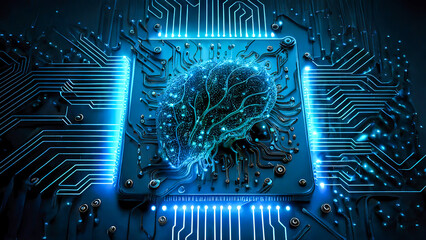The Impact of AI in Manufacturing
Artificial Intelligence (AI) has revolutionized the manufacturing industry, paving the way for unprecedented advancements in automation, efficiency, and productivity. By incorporating AI-driven technologies into their operations, manufacturing companies are able to streamline processes, optimize resource utilization, and enhance overall performance.
With the integration of AI, manufacturers can now leverage predictive analytics, machine learning algorithms, and robotic automation to achieve higher levels of precision and accuracy in their production processes. This results in reduced downtime, minimized errors, and increased output, ultimately leading to significant cost savings and improved competitiveness.
The Role of AI in Enhancing Quality Control
One of the key areas where AI has made a significant impact in manufacturing is quality control. By utilizing AI-powered systems, manufacturers can conduct real-time monitoring, defect detection, and quality assurance checks with unparalleled speed and accuracy.
Through the use of computer vision, machine learning, and sensor technologies, AI can identify defects, anomalies, or deviations in product quality, enabling manufacturers to take immediate corrective actions and prevent defective products from reaching the market.
Improving Supply Chain Management with AI
AI has also transformed supply chain management in the manufacturing sector, offering predictive insights, demand forecasting, inventory optimization, and logistics planning capabilities. By analyzing vast amounts of data in real-time, AI algorithms can identify patterns, trends, and inefficiencies in the supply chain, enabling manufacturers to make data-driven decisions and enhance operational efficiency.
Additionally, AI-powered systems can automate procurement processes, track inventory levels, monitor supplier performance, and optimize shipping routes, resulting in streamlined operations, reduced costs, and improved customer satisfaction.
The Future of AI in Manufacturing
As AI continues to advance, manufacturing companies are poised to benefit from even greater innovation and disruption in the industry. From autonomous robots and smart factories to predictive maintenance and digital twinning, the future of AI in manufacturing holds immense potential for transformation and growth.
By embracing AI technologies and leveraging their capabilities, manufacturers can drive continuous improvement, operational excellence, and sustainable competitive advantage in a rapidly evolving market landscape.

Conclusion
In conclusion, AI is reshaping the manufacturing industry by enabling companies to optimize processes, enhance quality control, and streamline supply chain management. By embracing AI-driven technologies, manufacturers can unlock new opportunities for innovation, growth, and competitive differentiation in an increasingly digitalized world.